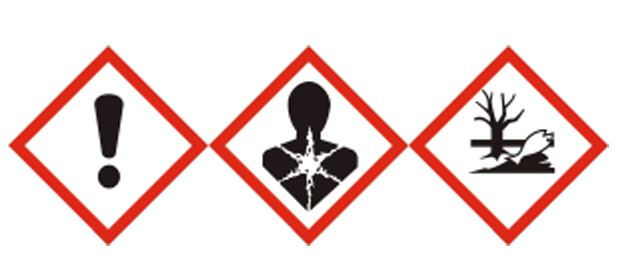Eli Lilly's Monoclonal Antibodies Vaccine Enters!
- Terry Clayton

- Nov 10, 2020
- 2 min read
Updated: Feb 10, 2023
What an exciting week! Today we learn the FDA has granted "emergency use" to Eli Lilly for a drug called bamlanivimab. Does this compete with the Pfizer drug announced yesterday #Covid19Vaccine? No. In fact, its actually a nice pairing to help the fight against Covid-19. Lets look at this chart:

The "not so fun" way of building an immunity to a virus is to get infected (and unpleasantly sick) letting your body build antibodies the old fashioned way. Now, Pfizer and Moderna are developing mRNA vaccines which will expose your body to parts of the virus. I like the idea of building an immunity without all the side effects of illness. That's a nice benefit of mRNA vaccines. Either way, we consider this an "Active Immunity" because your body learns to make relevant antibodies. You can read more about the Pfizer strategy here.
What Eli Lilly has developed are monoclonal antibodies. Because these are not made by your body but rather introduced to your bloodstream, immunity only lasts as long as the antibody is present. This may sound less exciting than Pfizer's mRNA vaccine on the surface. But that's where we find this is a nice compliment to Pfizer.
Lets say you catch the Covid bug and you didn't get vaccinated (as is happening A LOT right now). This is where a monoclonal antibody vaccine is beneficial. You don't want to wait for your body to build antibodies. You want to antibodies, like now! If you are already infected with Covid-19 and you are administered bamlanivimab, antibodies begin fighting the virus immediately.

So, as we are developing a global herd immunity through natural infection and vaccination, we now have a vaccine to help those who do become infected with the virus. These monoclonal antibodies shorten the time it takes for the body to eliminate the virus. The FDA want to restrict the use of the bamlanivimab to people who test positive for Covid-19 and are at higher risk of requiring hospitalization. This will potentially lower the number of people requiring hospitalization after infection.






Comments